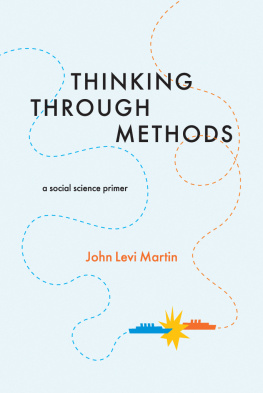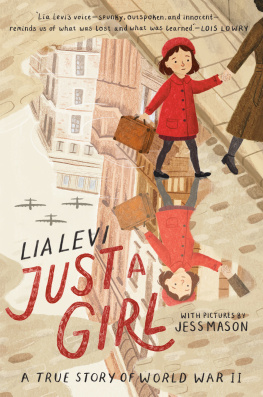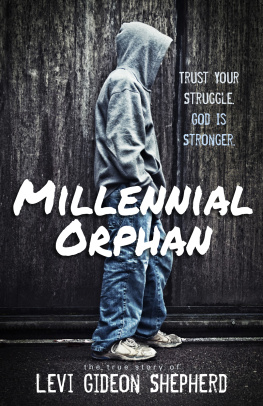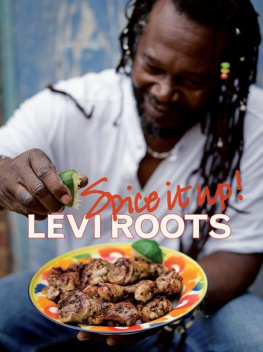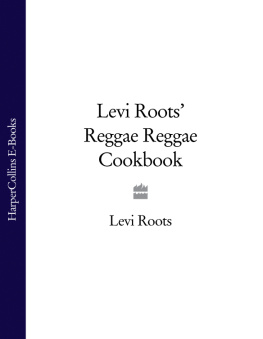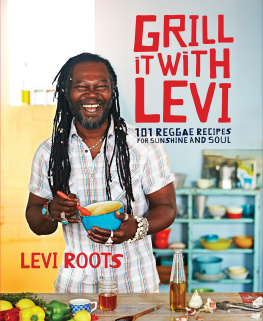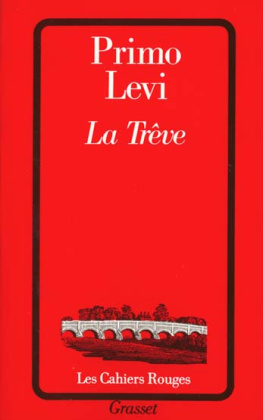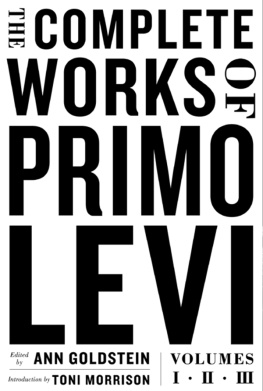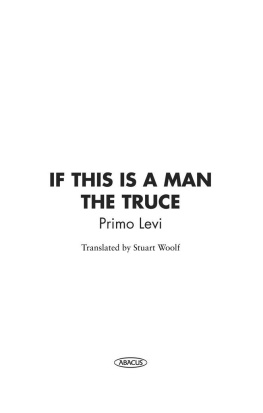The University of Chicago Press, Chicago 60637
The University of Chicago Press, Ltd., London
2017 by The University of Chicago
All rights reserved. No part of this book may be used or reproduced in any manner whatsoever without written permission, except in the case of brief quotations in critical articles and reviews. For more information, contact the University of Chicago Press, 1427 E. 60th St., Chicago, IL 60637.
Published 2017.
Printed in the United States of America
26 25 24 23 22 21 20 19 18 17 1 2 3 4 5
ISBN-13: 978-0-226-43169-7 (cloth)
ISBN-13: 978-0-226-43172-7 (paper)
ISBN-13: 978-0-226-43186-4 (e-book)
DOI: 10.7208/chicago/9780226431864.001.0001
Library of Congress Cataloging-in-Publication Data
Names: Martin, John Levi, 1964 author.
Title: Thinking through methods : a social science primer / John Levi Martin.
Description: Chicago ; London : The University of Chicago, 2017. | Includes bibliographical references and index.
Identifiers: LCCN 2016025207 | ISBN 9780226431697 (cloth : alk. paper) | ISBN 9780226431727 (pbk. : alk. paper) | ISBN 9780226431864 (e-book)
Subjects: LCSH: SociologyResearchMethodology. | Social sciencesResearchMethodology.
Classification: LCC HM511 . M357 2017 | DDC 301.072dc23 LC record available at https://lccn.loc.gov/2016025207

This paper meets the requirements of ANSI / NISO Z39.481992 (Permanence of Paper).
This is a book about methods in sociology and kindred social sciences. It is different from most other methods books in two ways. First, it has a pretty strong line regarding what is the right thing to do across situations. Second, despite treating a variety of methods, it has a single unifying themenamely, that you can be far more rigorous than most sociologists if you really understand where the data you are working with come from, and how they sit in a space of all the possible data you could have gathered. This book has something to offer about pretty much every method, but isnt attempting to give you the ABCs of any. Rather, it is going to help you use the method in question to come away with something good, and not something bad, from all your hard work.
You might wonder how I am able to dispense such useful information about practically every major method in sociology, given that I myself havent, of course, become an expert in each and every one. Its a good question. Most of my knowledge doesnt come from my own practice. Instead, it comes from being in a great position to watch others fail or succeed. You dont need to have ridden on the space shuttle to figure out why they blow up. You just need to sift through the wreckage.
Most of my knowledge comes from graduate and undergraduate students I advised, including historical sociologists, ethnographers, interviewers, statistical analysts, experimentaliststhe gamut. Because I generally lacked first-hand familiarity with their methods and topics, I gave them advice based on what Id learned from reading texts and the exemplary works Id come across, often peppered with common sense and social psychology, and most (though not all) of that advice was excellent. Fortunately for me, my advisees arent very easily cowed, and so they always did whatever the hell they wanted. Which meant that I got to see the results of approaches that I hadnt known about.
And I had a great comparison group, as I reviewed dozens of flawed manuscripts and watched plenty of other people (not my students, thankfully!) crash and burn. Watching others education is mostly rewarding, but all too often, it becomes like that slow-motion feeling you have in a car accidentseeing that window pane coming closer and closer and knowing nothing is going to keep your forehead off of it. Graphic, I know. But thats why I wrote this book. Not to make sociology perfect but to prevent the huge carnage that comes from students embarking in preventably fatal directions.
There are other good methodology books for students out there, though there are few that try to cover the range this one does. Most focus on a single method or perhaps two, and go into greater depth than this book can. Ill be sure to mention those that I think are going to be most useful for you if you want to explore a method further. But here, I have a simple argument that can help us across all methods, and its this: that when we think through what we are doingwhere we are now, how we got here, where we are likely to end up if we go in one direction as opposed to anotherwell do a lot better. And although this part of methods is a lot harder than it seems, its something that can be learned.
Ill show how this point informs our practice at different stages of research design. Im going to spend a lot of time talking about what you shouldnt do. That might seem really negative. Its not. Its because although I could tell you how I do things, chances are, it wont work for you. For better or worse, youre going to need to do things your way. To steal a phrase from Jennifer Margulis, its gonna be your baby, so you might as well do it your way. Its just that your way shouldnt totally stink like a monkeys butt.
Luckily, there are different fine ways of doing things. And even more luckily, they have something in common, which is that they involve researchers trying really hard to think through what theyre doing at any time. Of course, if I can save you thinking, I will. And so there are still plenty of juicy tips I can give you, collected from other books, personal experience, or watching others, that can serve as reminders for general principles of good practice.
I also strongly urge you to read the whole bookdont assume you know in advance what is important for your research. A chapter on talking to people? Im not planning on doing in-depth interviews, so I can skip that. Well, if youre an ethnographer, youre talking to people; if youre using survey data, it probably came from someone else talking to people, and so on. Further, theres a good chance that some day you might want to be able to help someone else with her project, even if it doesnt use the methods you know best. So read up, and in order.
Acknowledgments
Benjamin Merriman was the first reader of the first draft of this manuscripthis encouragement and wise thoughts were pivotal in me going forward. Thanks, Ben. Other readers Id like to thank include Graham Patterson, Ellis Monk, and, especially, Sophie Fajardo, who wielded scalpel over the whole. Im grateful for the impressive work on the manuscriptand enjoyable dialogue on both the philosophy and the vagaries of the written wordby Yvonne Zipter, as well as Ashley Pierce, Matt Avery, and Skye Agnew at the press. And especial thanks to reviewers, to Kyle Wagner, and to Doug Mitchell for shepherding this through.
This book certainly is intended as a companion to Thinking Through Theory. The perfect marriage of theory and method is, of course, elusive. But I was trained by just that. This book started with the methods class that I took, taught by Claude Fischer, when I started my graduate career. This work comes from a quarter-century engagement with that class, as I adapted it when I began teaching, and adapted the adaptation, and so on. I think hed agree with most of the points that I make here, even though they only came after years of advising
 This paper meets the requirements of ANSI / NISO Z39.481992 (Permanence of Paper).
This paper meets the requirements of ANSI / NISO Z39.481992 (Permanence of Paper).
